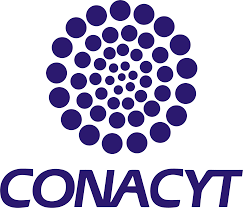Paradojas de la historia ejidal: El Llanito, Dolores Hidalgo, Guanajuato, 1930-1960.
Palabras clave:
ejidos, campesinos, subordinación, comerciantes, propiedad, privatizaciónResumen
El Llanito es un ejido que fue formado en 1932, en un contexto de oposición a la política gubernamental. Por el rechazo de la mayoría de los campesinos beneficiados, durante casi 20 años buena parte de las tierras fue usufructuada por un sector de funcionarios y comerciantes locales, según el esquema clásico de aparcería y subordinación patronal. Estos funcionarios, sin compartir la utopía agrarista, entablaron una larga lucha para que las tierras no fueran arrebatadas por los propietarios privados. En el municipio de Dolores Hidalgo, el ejido como núcleo integrado y usufructuado por quienes trabajan la tierra, fue un proceso que se empezó a dar hasta finales de los años cincuenta.
Descargas
Citas
Bartra, Armando. 1985. Los herederos de Zapata. Movimientos campesinos posrevolucionarios en México.
Bartra, Armando. 1920-1980, México, Era.
Meyer, Jean. 1974. “La guerra de los cristeros”, en La Cristiada, tomo I, México, Siglo XXI.
FUENTES
Censo General de población del estado de Guanajuato, 1921.
Censo agrícola, ganadero y ejidal del estado de Guanajuato, 1930.
El Llanito, Dolores Hidalgo, exp. 218 y 1942; Río Laja, Dolores Hidalgo, exp. 1184. Archivo del Registro Agrario Nacional, Guanajuato.
Entrevistas a los ejidatarios de El Llanito realizadas en 1998 y 2002.







